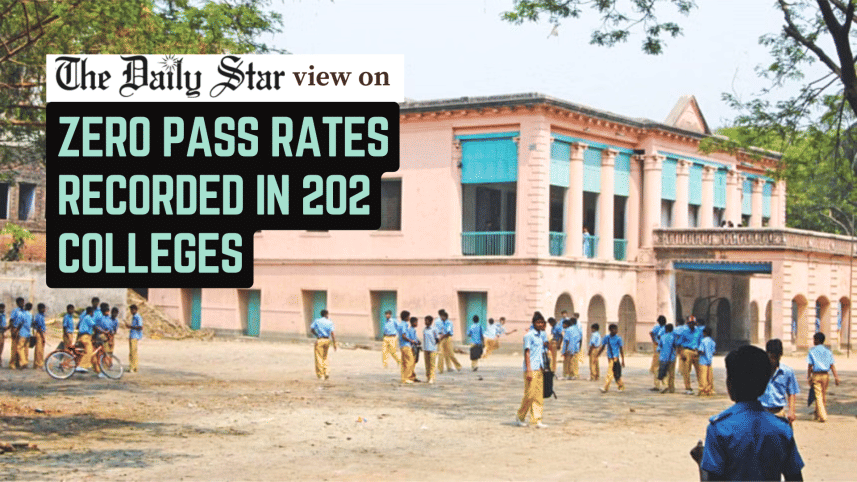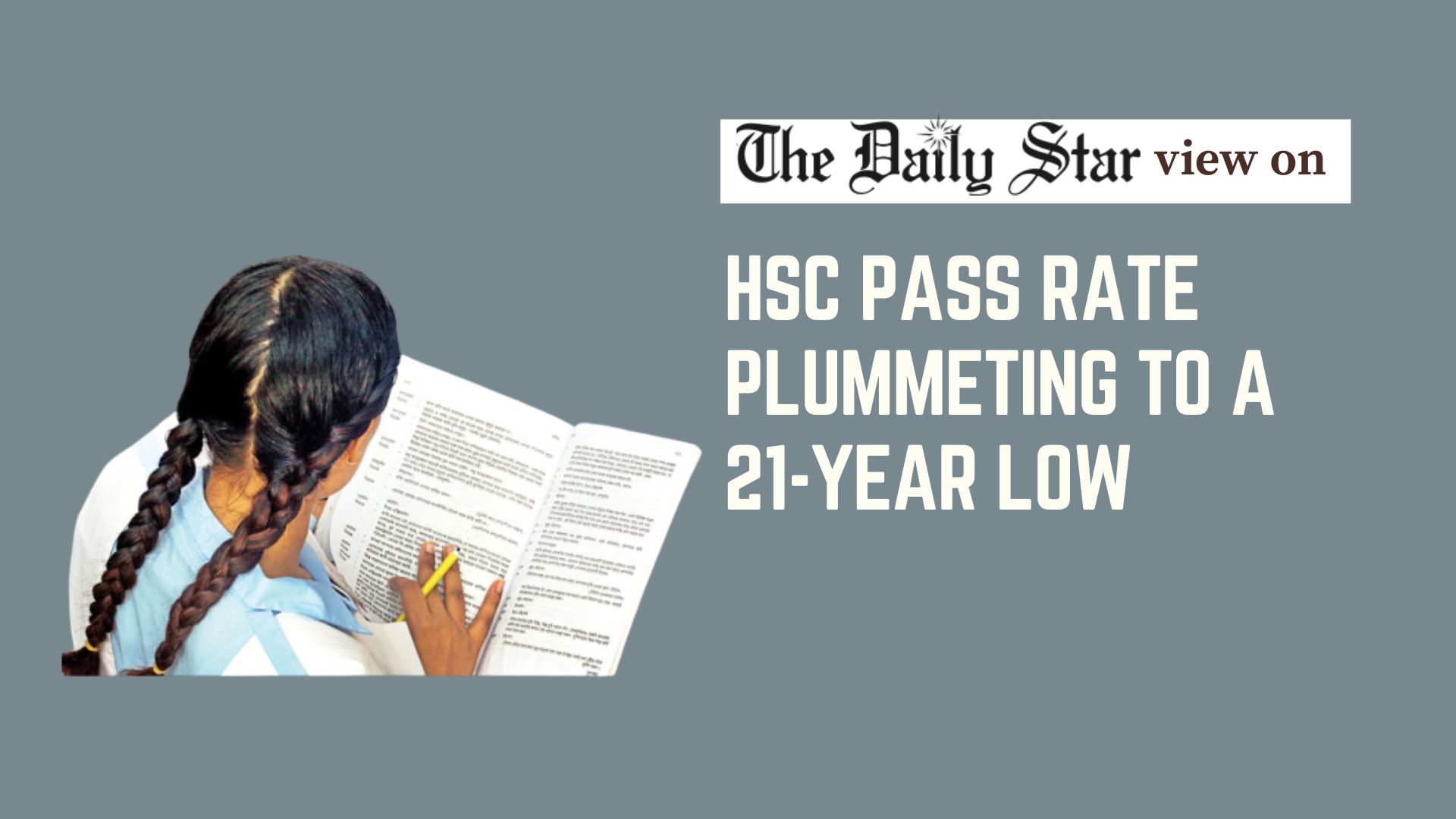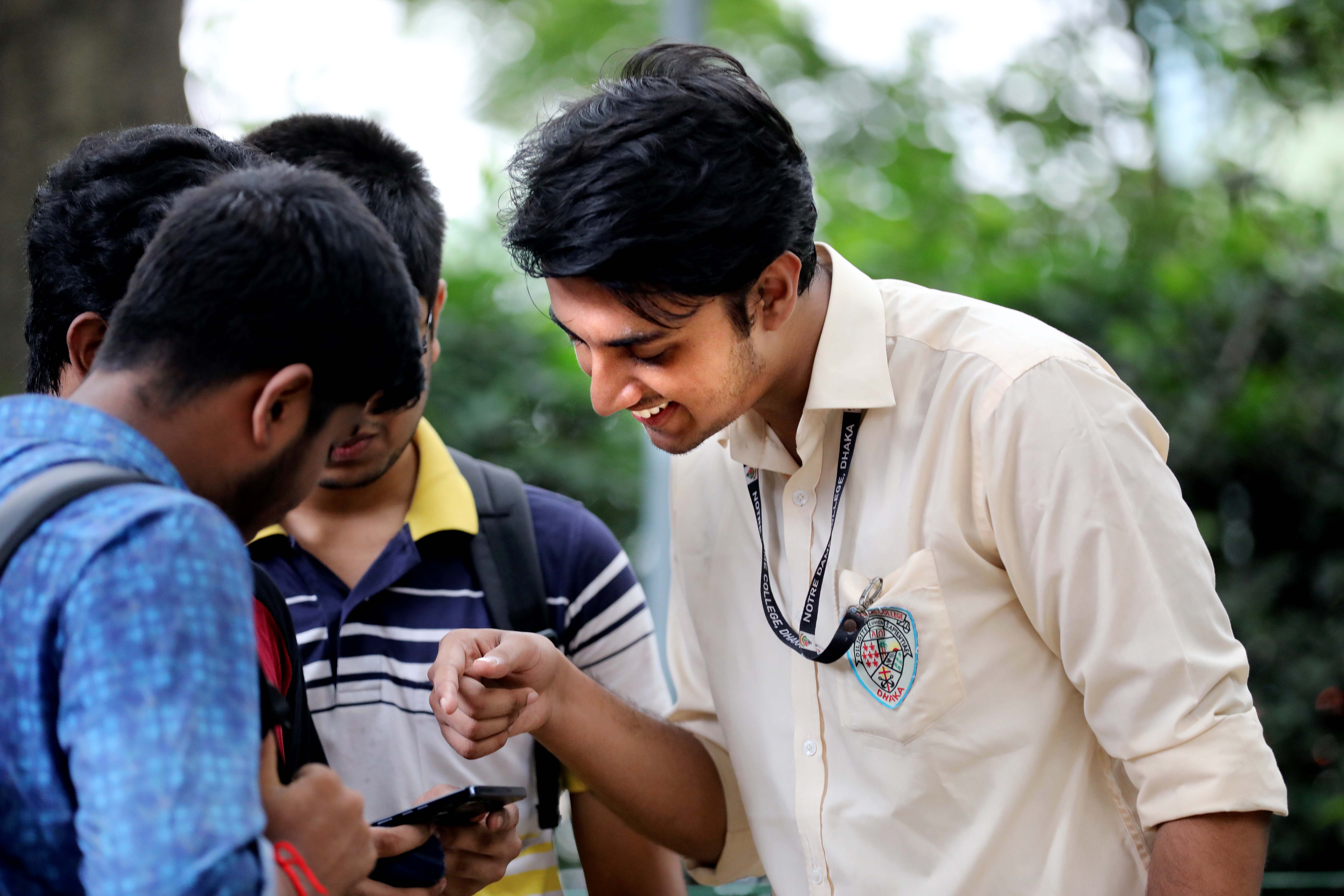Zero pass rate a sign of bigger problems

We are concerned about the zero pass rates recorded in this year's HSC exams across many colleges. Reportedly, a total of 202 colleges has recorded zero pass rates, a sharp rise from 65 such institutions last year. The Dinajpur board topped the list with 43 zero-pass colleges, followed by Rajshahi (35), Dhaka (34), Mymensingh (15), and smaller numbers in Cumilla, Sylhet, and Barishal. Additionally, 37 technical institutions and 22 madrasas also saw all their students fail. Surprisingly, in one college, only two students appeared in the exams, and both failed, raising questions about whether this institution is functional at all.
According to an official, some colleges do not even conduct classes and are only discovered during the result publication process. That education boards remain unaware of the existence of such colleges demonstrates how poorly regulated the sector in general is. Of course, teacher shortage is a major contributing factor behind the debacle. For example, at Narayanganj's Naba Kisholoy High School and Girls' College, where all 25 examinees failed, there was no English teacher at the higher secondary level, and the ICT teacher was also unable to take classes. In Mymensingh's Trishal Ideal College, there are very few full-time teachers, and most classes are conducted by part-timers. This is a serious issue that needs proper attention from the authorities. Moreover, irregular or poor salaries lead many teachers to frequently leave these colleges. For instance, at Kurigram's Rashed Khan Menon College, teachers have reportedly not received salaries for seven years, which is unthinkable.
Another major issue is that most of the colleges are non-MPO institutions, meaning teachers do not receive any government support. The 43 zero-pass colleges in Dinajpur and 15 in Mymensingh fall under this category. These institutions rely on small, irregular tuition fees, making it difficult to retain qualified teachers and carry out academic activities efficiently. Furthermore, child marriage, particularly in rural and low-income areas, contributes significantly to the problem. In Narayanganj's Naba Kisholoy college, for example, 13 of the 25 examinees were married off during the academic session.
We urge the authorities to address these issues urgently. The prevailing teacher crisis must be resolved, with proper measures to ensure regular salary payment. The respective education boards also must strengthen their supervision and provide necessary support to struggling colleges. As the Inter-Education Board Coordination Committee has directed all boards to submit reports on these institutions, we hope that the respective boards will take meaningful action based on the findings and address the root causes of this alarming situation.
 For all latest news, follow The Daily Star's Google News channel.
For all latest news, follow The Daily Star's Google News channel. 

Comments